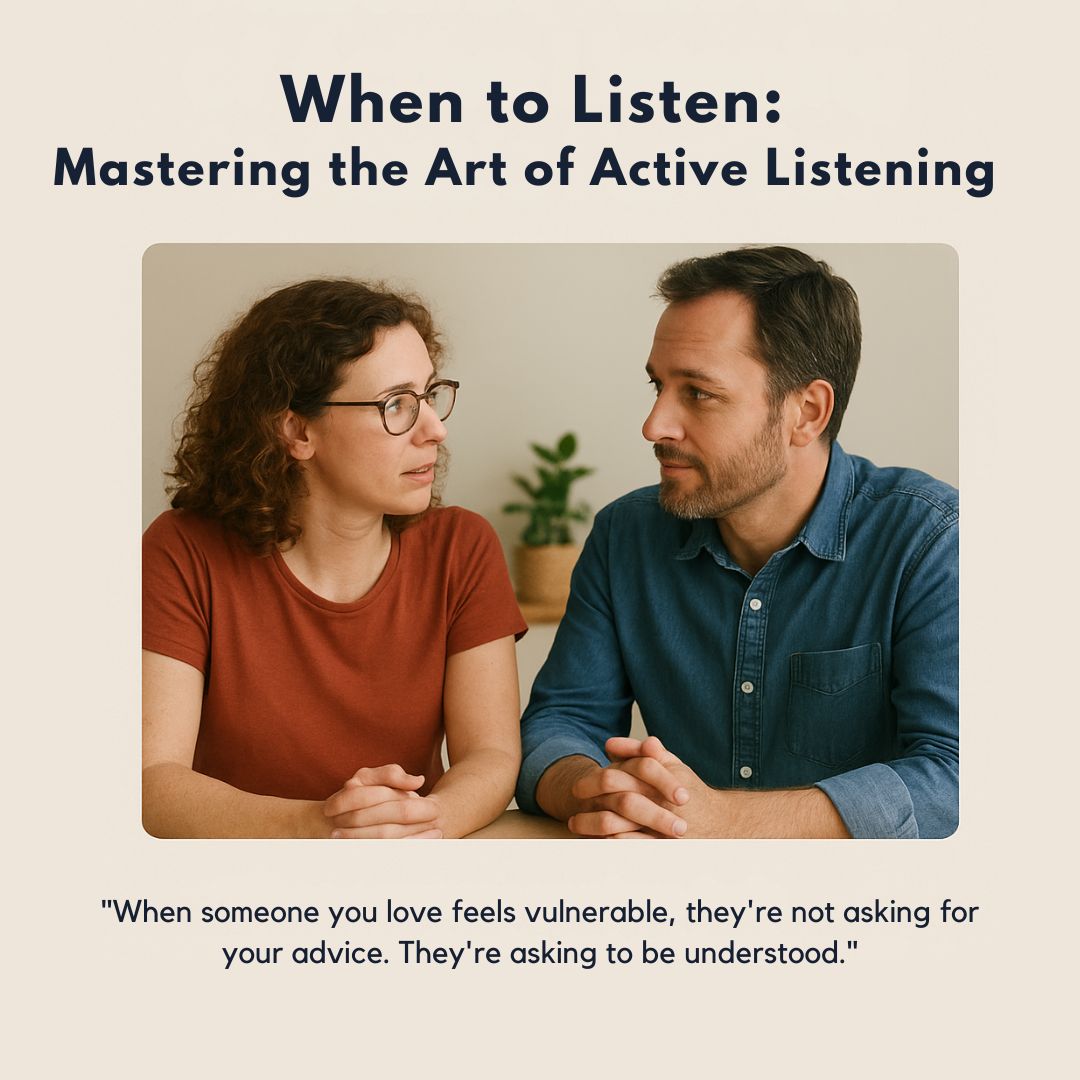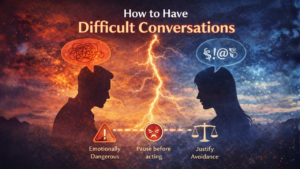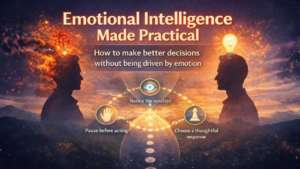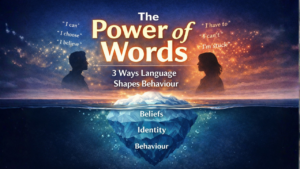Are you really listening to the people you love when it matters most?
Active listening isn’t just a workplace skill—it’s the foundation for building trust and connection in families and friendships. Many of us think we’re good listeners, but when emotions run high, our usual habits can actually create distance rather than closeness.
“When someone you love feels vulnerable, they’re not asking for your advice. They’re asking to be understood.”
Active Listening Techniques That Matter Most
True listening requires tuning in, setting aside your own thoughts, and listening to understand others. It’s about more than hearing words—it’s about hearing feelings.
Here are three key moments when empathic listening skills will make the biggest difference:
1. When You Spot Unusual Behaviour
People you know well will show subtle changes when something’s wrong. Maybe they’re quieter than usual, or perhaps unusually irritable. These are your cues to set aside distractions and listen deeply.
2. When You Spot Emotion
When you see signs of sadness, frustration, or anxiety, that’s your signal to stop talking, stop fixing, and start listening. Let them guide the conversation.
3. When the Topic Is Important to Them
If it matters to them, it should matter to you. Drop your action plans and give them the gift of your full attention.
When to Listen vs Respond
There’s a time to problem-solve and a time to simply be there. Knowing when to switch modes is crucial. If the person is vulnerable or emotional, resist the urge to respond right away—your silent understanding will often mean more than any advice.
Barriers to Effective Listening
Even with the best intentions, we often hit roadblocks:
Distraction – Your phone, the TV, or even your own thoughts pulling you away.
Jumping in too soon – Interrupting with solutions before they’ve finished.
Thinking ahead – Planning your reply instead of hearing their words.
Awareness of these barriers to effective listening is the first step to breaking them.
Active Listening Exercises to Build Your Skills
You can practice active listening in Aussie families (or any close relationship) with these simple exercises:
The Pause – After they finish speaking, wait three seconds before responding.
Mirror Back – Repeat the essence of what they’ve said to confirm you’ve understood.
Full Presence – Put devices away, make eye contact, and use open body language.
Final Thoughts
You can’t—and shouldn’t—listen at a deep level all the time. But when you recognise those moments where connection is needed most, shifting into true listening mode can transform your relationships.
Related Resources
📖 Book: Listening – A Guide to Building Deeper Connections – available in paperback, eBook, and audiobook.
🎯 Coaching: Book a personal session for personalised support.
💼 Leadership Tips: Subscribe to the Team Focus newsletter here.






